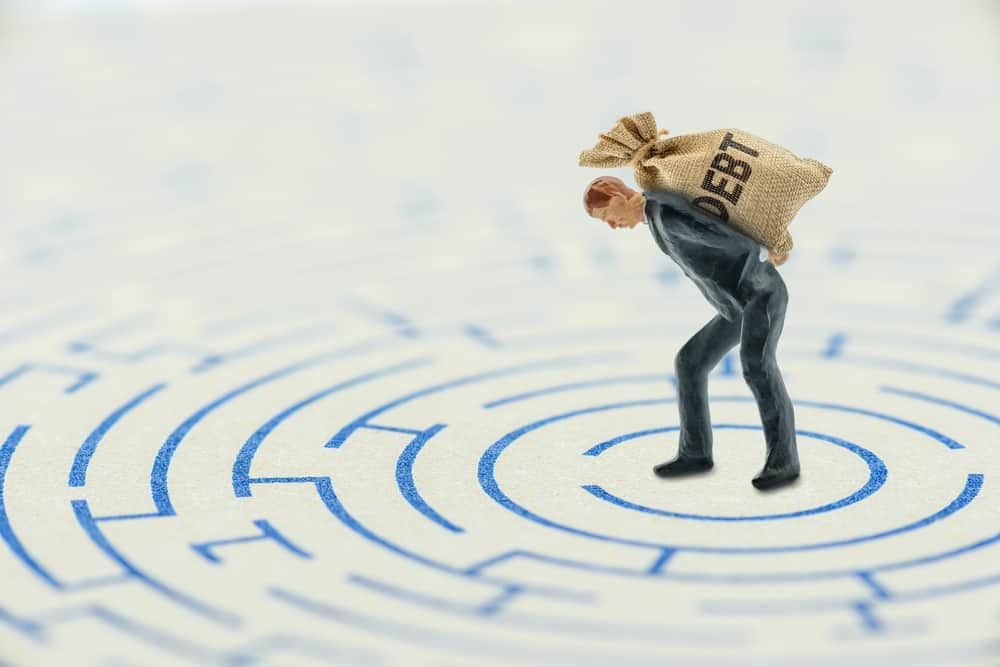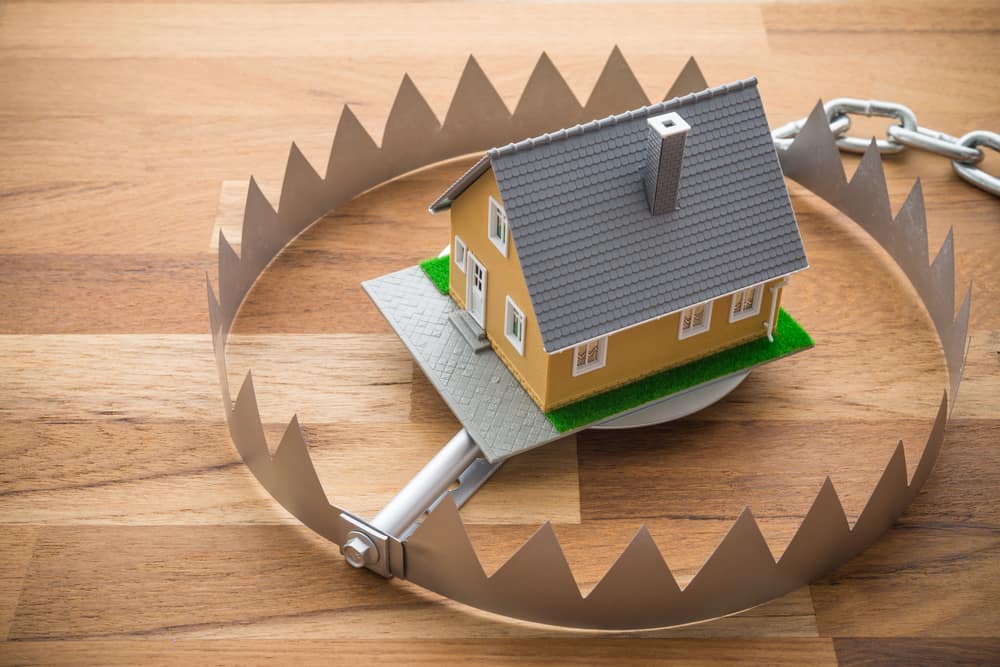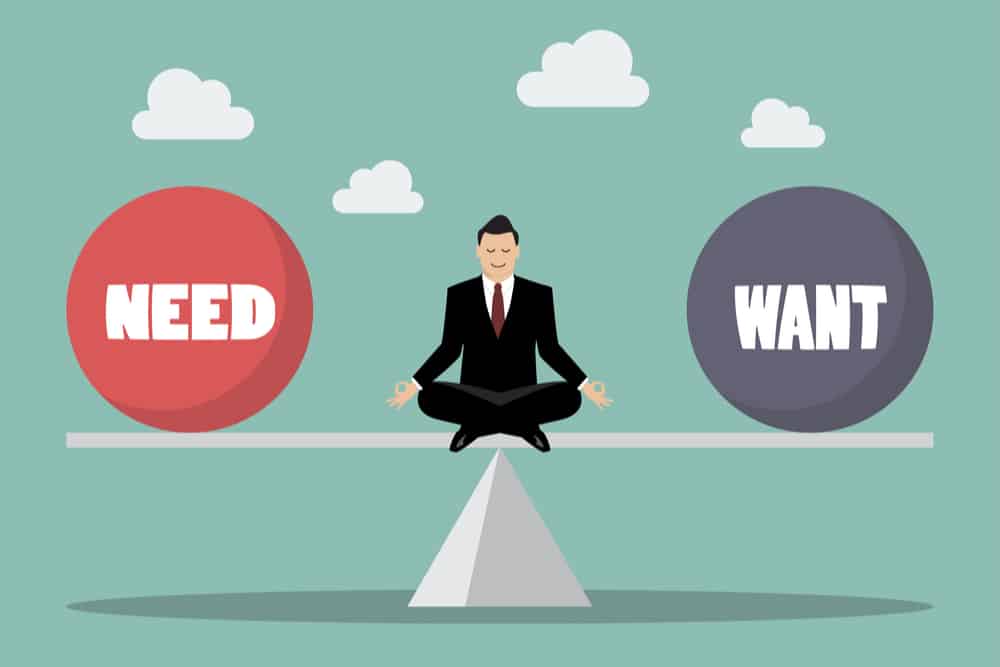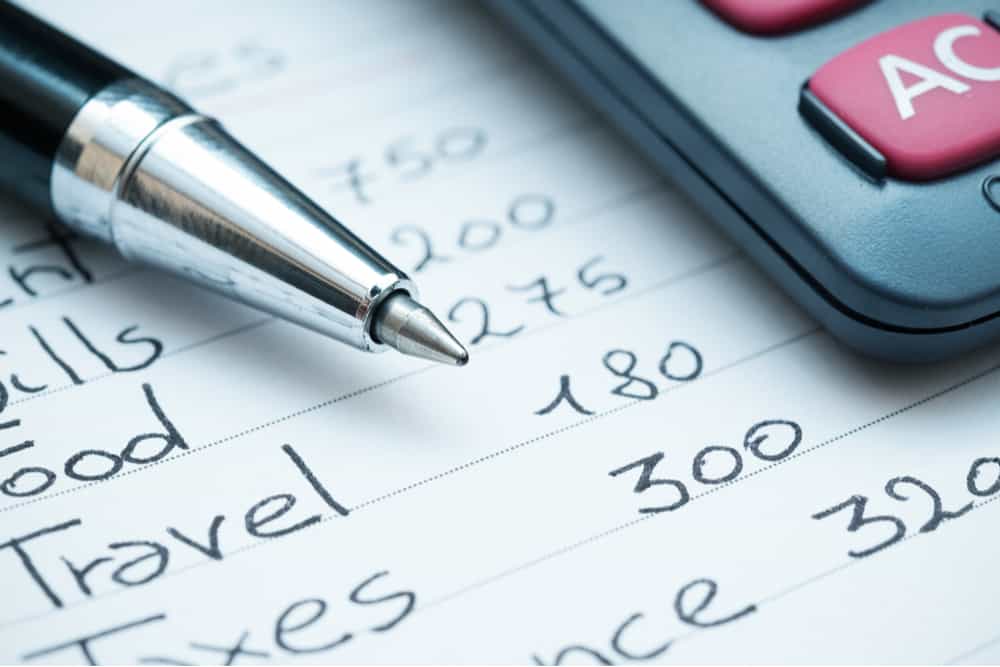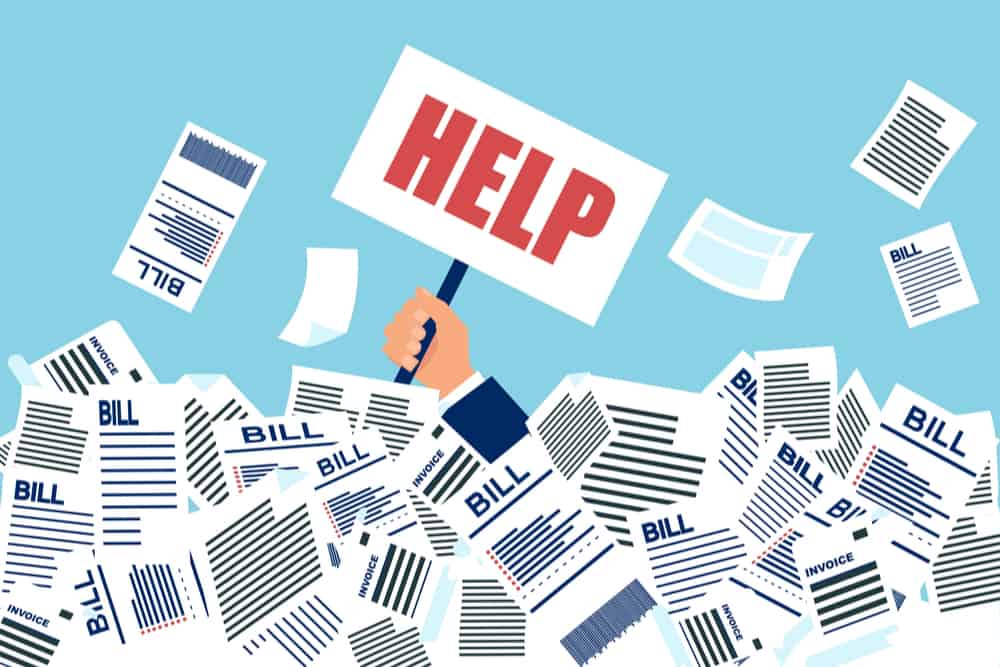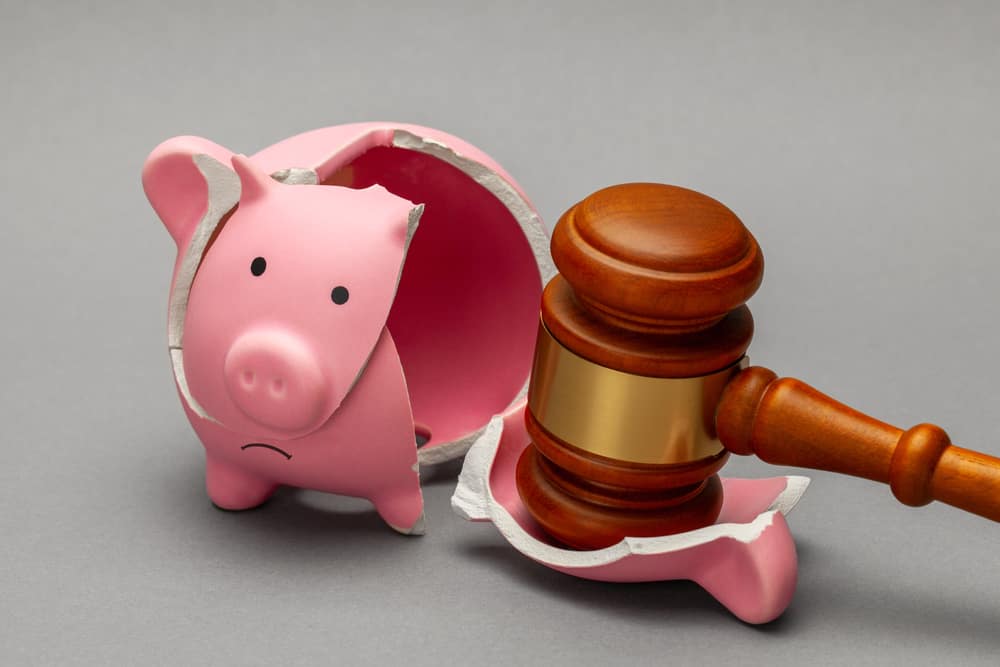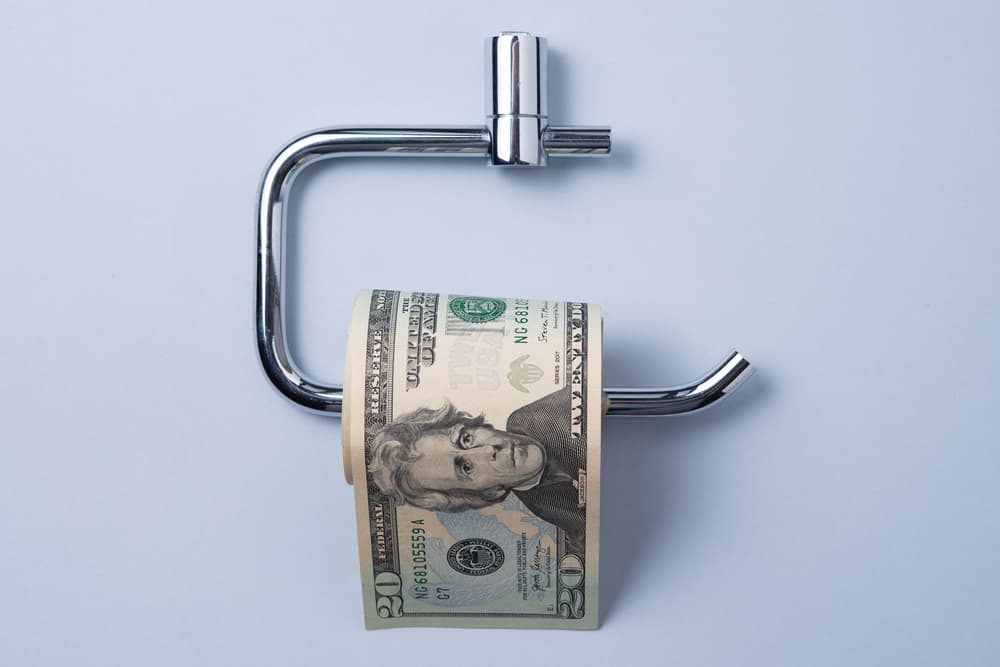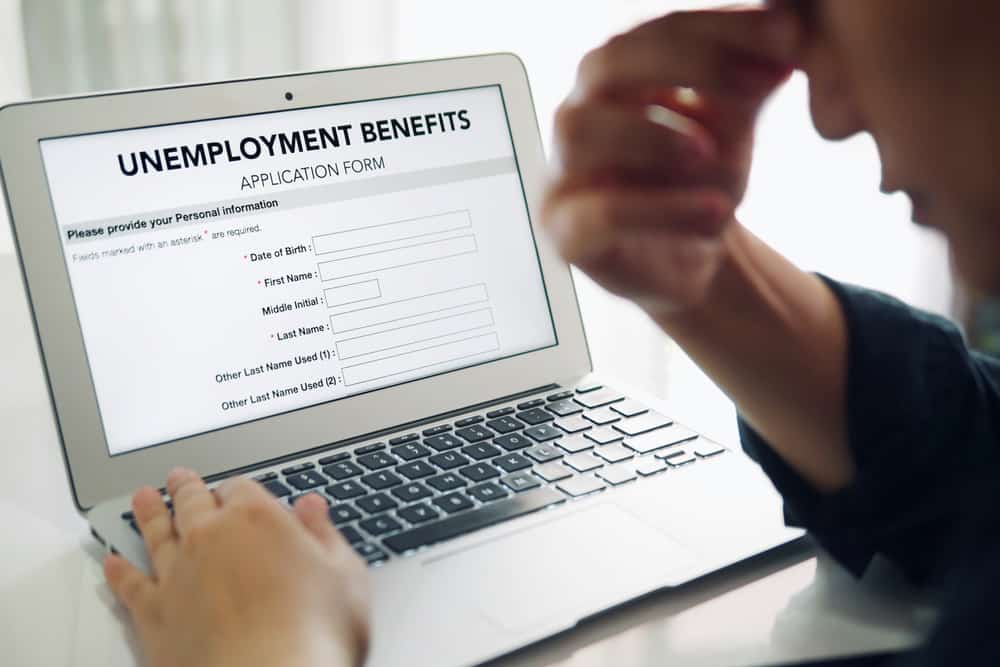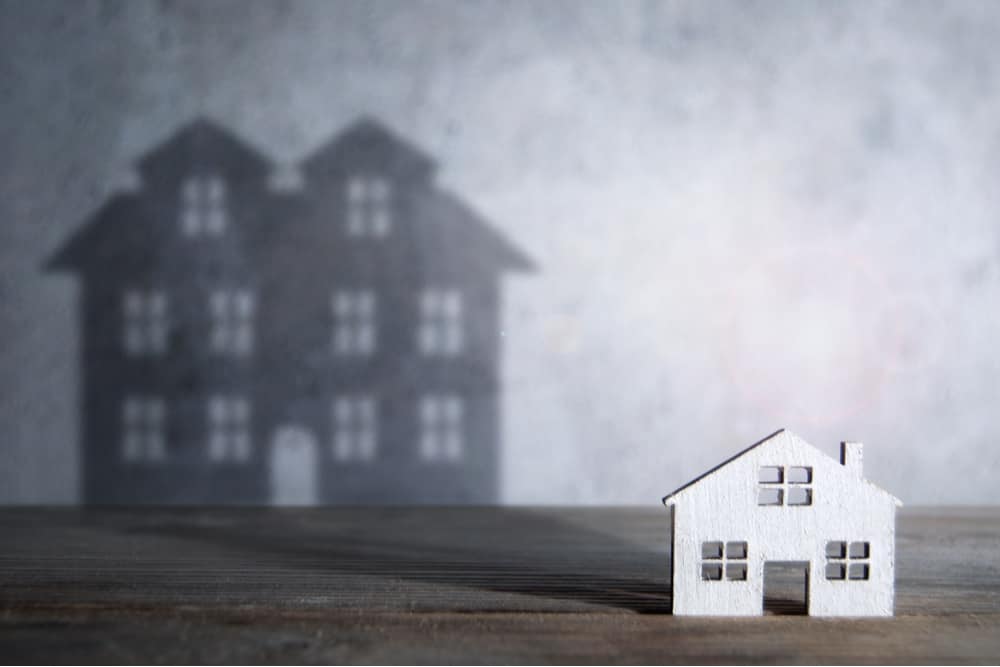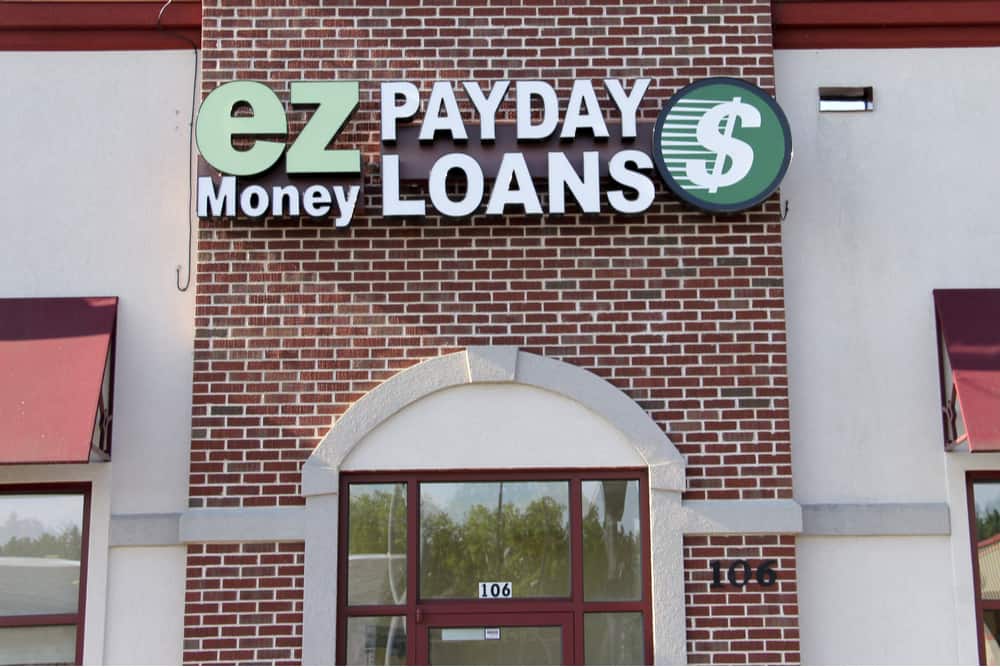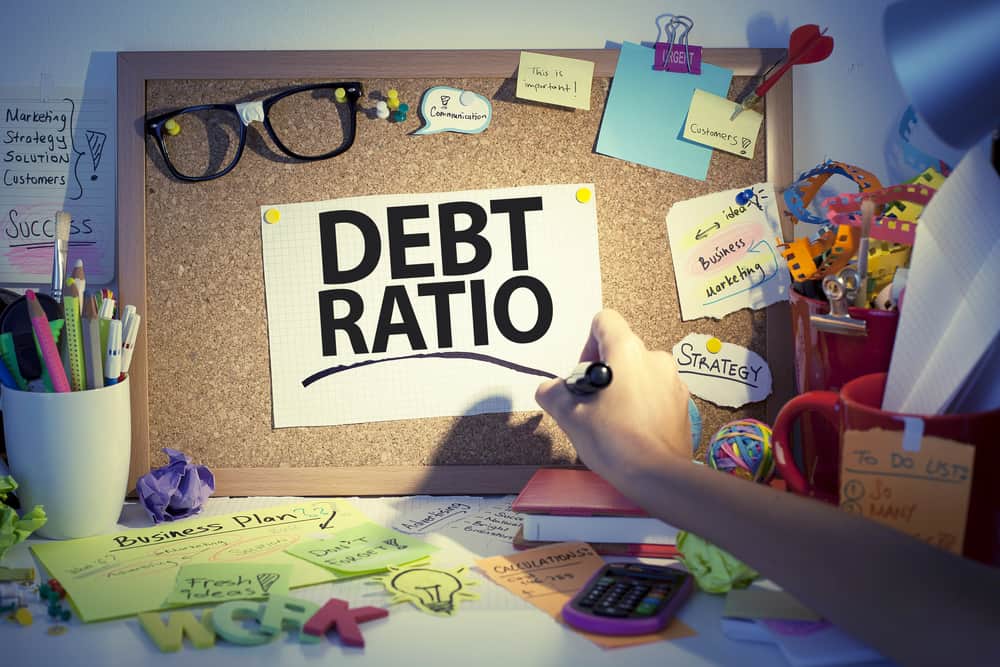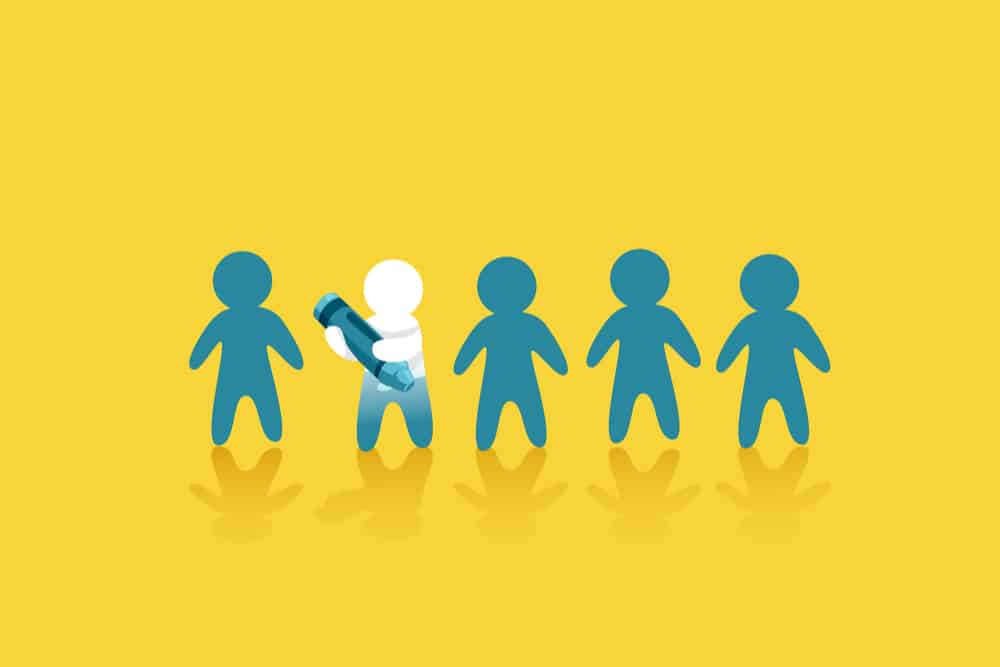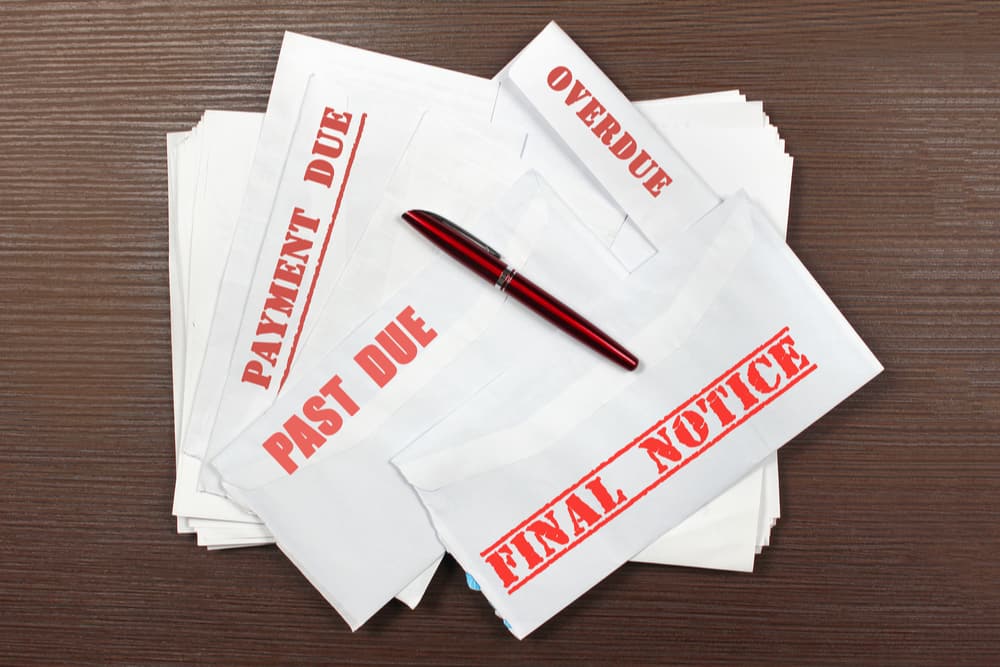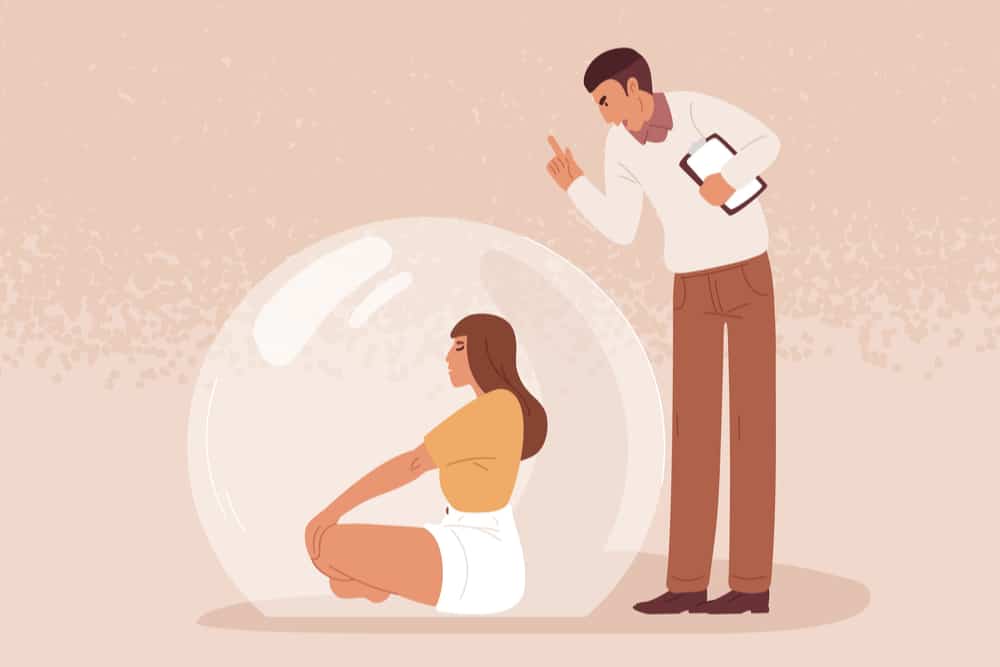Every year, an estimated 1.5 million Americans file for bankruptcy. And with all of the economic turmoil happening in the world right now, it’s likely that that number is going to dramatically rise in the future. This is a terrifying prospect for a lot of people. And if you’re one of the millions of people who lost their jobs during the pandemic, you might be worried that someone in your household could end up in bankruptcy. However, it’s truly not the end of the world. I promise you that you can get through this. Here at Home Addict, we’ve gathered some tips on how you can change your lifestyle at home to avoid ending up in bankruptcy.
30. Assuming That a Job is All You Need to Avoid Bankruptcy

Society seems to have this preconceived notion that people who declare bankruptcy must be unemployed. But the surprising reality is that the vast majority of people who declare bankruptcy have a job, and have been working steadily for years before their finances got out of hand. According to research conducted by Stanford University, most people who declare bankruptcy had a job. On the other hand, people who were self-employed, retired, or on unemployment are far less likely to declare bankruptcy. Why is that?
This is most likely because if you’re unemployed, building your own business, or living on a fixed retirement income, it’s blatantly obvious that you need to live on a tight budget. You have it ingrained in your mind that you can’t overspend. But when you’re working, it’s a lot easier to accidently live beyond your means.


